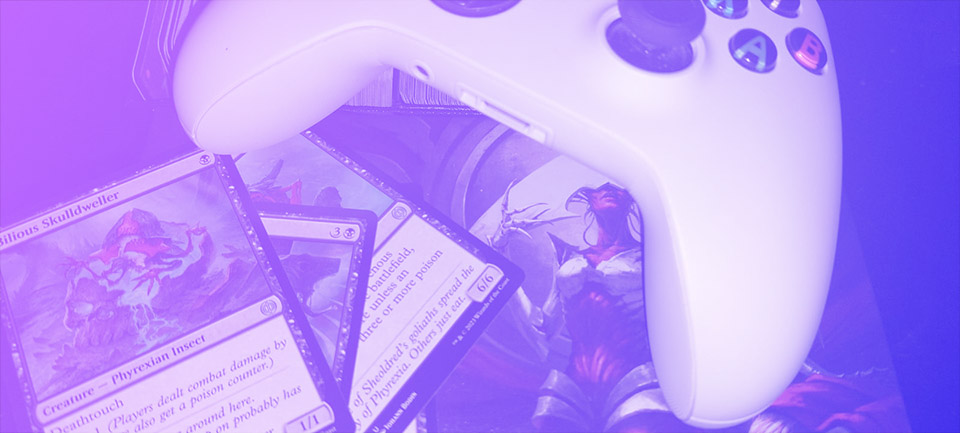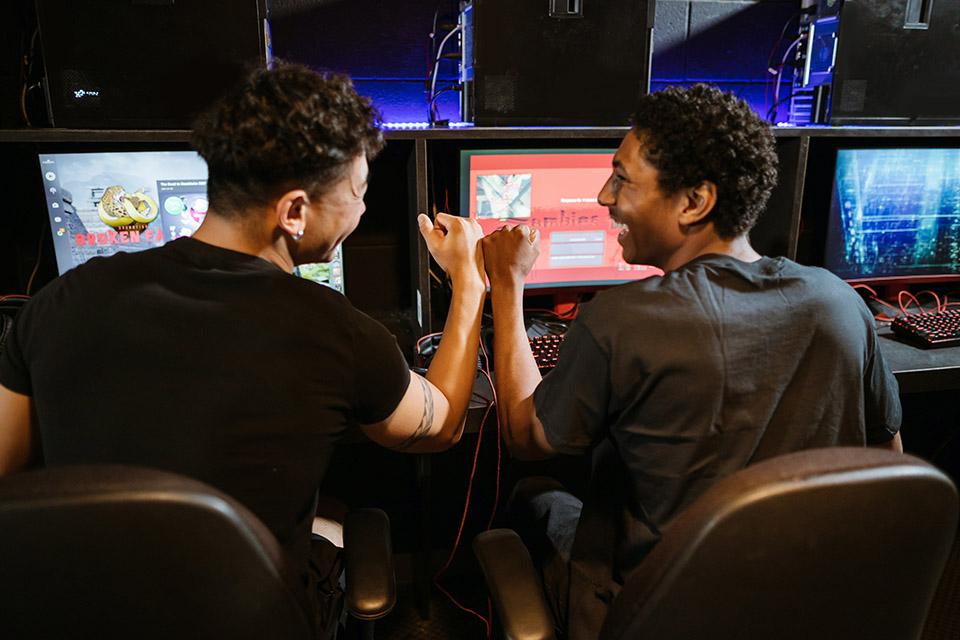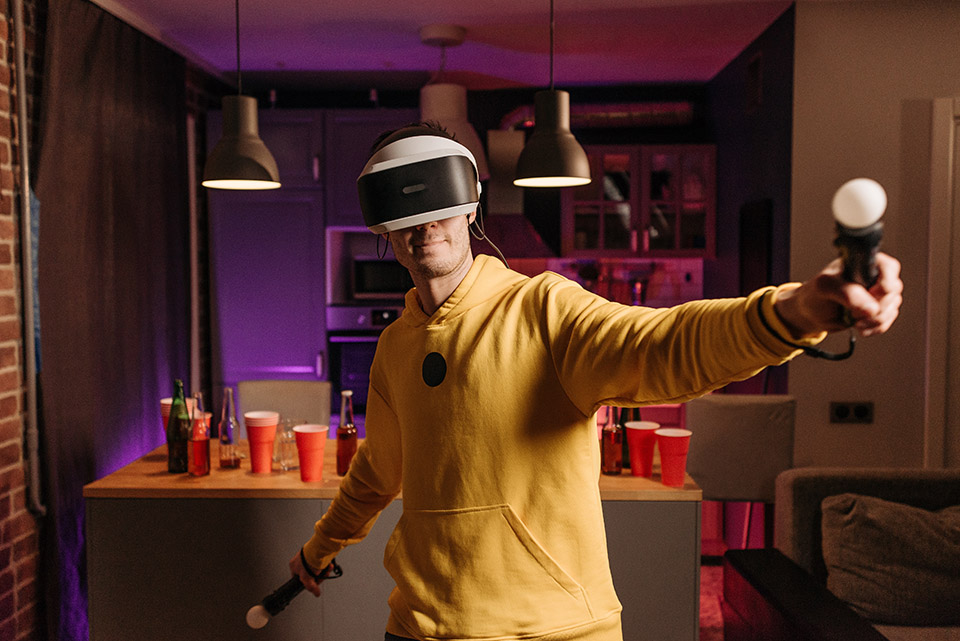The Brilliant Benefits Of Gaming As A Hobby
Gaming is an increasingly popular hobby. Whether you trade cards, take part in video game tournaments online, or try to conquer kingdoms from your living room, there are benefits to enjoy. In this guide, we’ll outline the advantages of gaming as a hobby.
Social opportunities
We are more connected than ever thanks to advances in communications technology, yet studies show that loneliness has become more prevalent. One of the most significant advantages of playing games is accessing social opportunities. Whether you’re playing with your family at home, you’re taking on friends online, or you’re open to meeting new people by attending gaming events or trading cards, you can expand your circle and enjoy the feeling of connecting with others who share your interests. Gaming can help to beat isolation, and it’s particularly beneficial for people who struggle to get out and those who lack confidence in social environments.

Escapism
Many of us lead hectic lives. It’s no secret that stress levels are rising, and mental health disorders have become more prevalent. Hobbies like gaming provide a form of escapism, which enables people to clear their minds, forget about the stresses and strains of work, college, or school, and explore different worlds. Whether you’re excited to get lost in the world of MTG Phyrexia All Will Be One, or you love to unwind with a virtual kickabout after a busy day, you can relax, have fun, express yourself, and take a break from working, studying and other commitments.
Stimulating your brain
Gaming is fun, and it can help you to relax, but it’s also a powerful way to stimulate your brain. If you play strategy games or you love online quizzes and challenges, for example, you can keep your brain ticking over and boost cognitive function. There is a vast array of games to choose from, and you can select options to suit your preferences. Playing games can help you improve your memory and reaction times, enhance spatial awareness and hone your problem-solving skills. Strategy games, for instance, require players to plan and make decisions strategically, stimulating problem-solving and analytical thinking. Puzzle games, on the other hand, promote spatial awareness, pattern recognition, and the ability to think creatively to overcome obstacles. Moreover, online trivia, and card games such as solitaire, roulette, poker, bridge, and quiz games stimulate memory and knowledge retention by encouraging players to recall facts quickly. These games often cover a broad range of topics, from history and science to pop culture, providing a diverse mental workout. Additionally, multiplayer online games can improve social intelligence as players collaborate, negotiate, and compete with others, honing interpersonal and communication skills. The dynamic and ever-evolving nature of online games keeps the brain engaged, fostering adaptability and quick decision-making. Regular exposure to challenging scenarios in games may enhance cognitive functions such as attention, concentration, and processing speed. Furthermore, the continuous learning aspect of many online games ensures that players are exposed to new information and problem-solving situations, promoting ongoing mental stimulation and growth. In essence, online games serve as more than just a source of entertainment; they are a powerful tool for stimulating the brain, promoting cognitive abilities, and providing a dynamic platform for continuous mental engagement and growth.

Learning
Gaming isn’t just about sitting in front of a screen for hours on end. Often, it can provide valuable learning opportunities. Depending on the games you play, you can travel back in time and learn about history, broaden your knowledge of world geography, or get creative. Learning while you’re having fun is beneficial at any age.

Coordination and manual dexterity
Playing games can improve your coordination and manual dexterity. You have to be able to respond to cues and sync hand movements and controls with what you see on the screen, and you need to be able to work your way around a gamepad, console, or joystick seamlessly. The more you play, the better your coordination will become.
Gaming is a very popular hobby. Many people play games because they’re fun, but there are lots of other benefits. Gaming can open doors for people looking for social opportunities, it provides a learning experience and it helps to lower stress levels and offer escapism. If you’re a frequent gamer, you may also find that your reaction times decrease and your coordination and manual dexterity improve.

